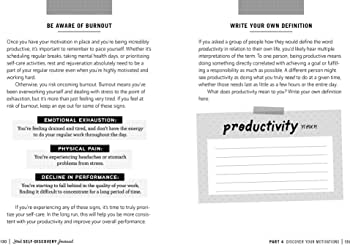Navigating the Journey to Self-Discovery
Self-discovery is a life-long journey that we all embark on eventually. It is a journey that involves looking within ourselves for answers and discovering who we are and what our purpose in life is. However, this journey is not an easy one and can be challenging at times. Through this blog post, we will guide you on how to navigate the journey to self-discovery.
1. Acknowledge Your Emotions
The first step to self-discovery is acknowledging your emotions. This means paying attention to how you feel and being aware of your emotions. It is normal to feel a range of emotions such as joy, fear, anger, sadness, or frustration. Acknowledging these emotions can help you identify what triggers them and how you respond to them.
2. Identify Your Strengths and Weaknesses
Identifying your strengths and weaknesses is a crucial step in self-discovery. This can involve taking a personality test or seeking feedback from friends or family. Recognizing your strengths can boost your confidence, while understanding your weaknesses can help you work on areas where you need improvement.
3. Explore Your Passions and Interests
Exploring your passions and interests is essential in self-discovery. This involves trying out different activities, classes, or hobbies that you may be curious about. It will help you identify what excites you and brings you joy.
4. Journaling
Journaling is a powerful tool for self-discovery. Writing down your thoughts and feelings can help you identify patterns in your behavior and understanding why you react to certain situations the way you do. It can also help you set goals and track your progress.
5. Seek Support
Self-discovery can be a daunting journey, and seeking support from loved ones or a therapist can be beneficial. Talking through your emotions and experiences with another person can provide new perspectives and insight into yourself.
In conclusion, self-discovery is a journey that takes time, patience, and effort. Understanding yourself is a process that includes acknowledging your emotions, identifying your strengths and weaknesses, exploring your passions and interests, journaling, and seeking support. It is a journey that can be challenging at times, but the rewards are immeasurable. By embracing this journey, you may find greater self-awareness, confidence, and clarity in your life.











